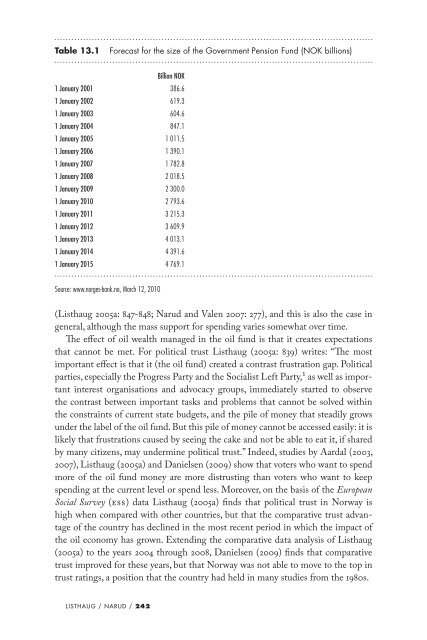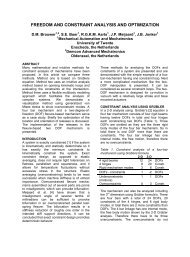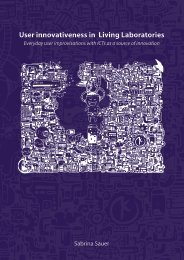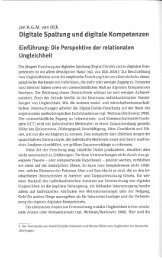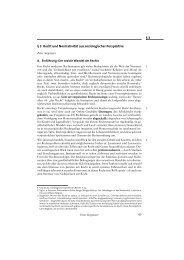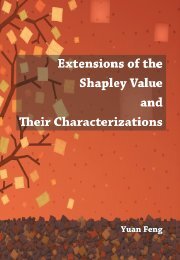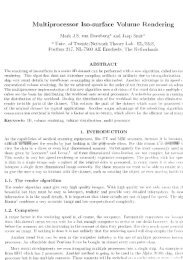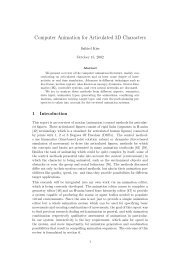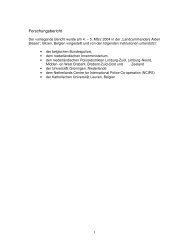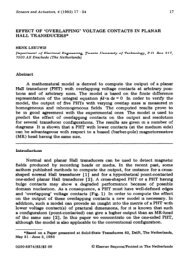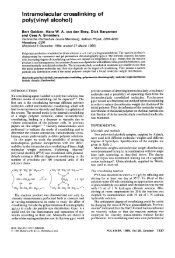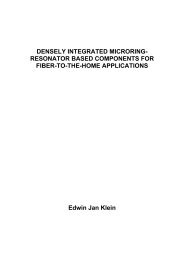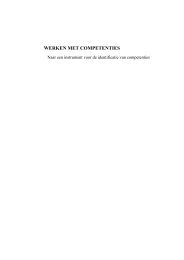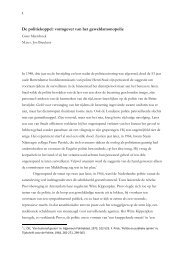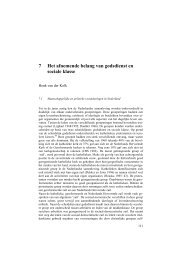download - UvA DARE
download - UvA DARE
download - UvA DARE
You also want an ePaper? Increase the reach of your titles
YUMPU automatically turns print PDFs into web optimized ePapers that Google loves.
Table 13.1 Forecast for the size of the Government Pension Fund (NOK billions)<br />
1 January 2001<br />
Billion NOK<br />
386.6<br />
1 January 2002 619.3<br />
1 January 2003 604.6<br />
1 January 2004 847.1<br />
1 January 2005 1 011.5<br />
1 January 2006 1 390.1<br />
1 January 2007 1 782.8<br />
1 January 2008 2 018.5<br />
1 January 2009 2 300.0<br />
1 January 2010 2 793.6<br />
1 January 2011 3 215.3<br />
1 January 2012 3 609.9<br />
1 January 2013 4 013.1<br />
1 January 2014 4 391.6<br />
1 January 2015 4 769.1<br />
Source: www.norges-bank.no, March 12, 2010<br />
(Listhaug 2005a: 847-848; Narud and Valen 2007: 277), and this is also the case in<br />
general, although the mass support for spending varies somewhat over time.<br />
The effect of oil wealth managed in the oil fund is that it creates expectations<br />
that cannot be met. For political trust Listhaug (2005a: 839) writes: “The most<br />
important effect is that it (the oil fund) created a contrast frustration gap. Political<br />
parties, especially the Progress Party and the Socialist Left Party,1 as well as important<br />
interest organisations and advocacy groups, immediately started to observe<br />
the contrast between important tasks and problems that cannot be solved within<br />
the constraints of current state budgets, and the pile of money that steadily grows<br />
under the label of the oil fund. But this pile of money cannot be accessed easily: it is<br />
likely that frustrations caused by seeing the cake and not be able to eat it, if shared<br />
by many citizens, may undermine political trust.” Indeed, studies by Aardal (2003,<br />
2007), Listhaug (2005a) and Danielsen (2009) show that voters who want to spend<br />
more of the oil fund money are more distrusting than voters who want to keep<br />
spending at the current level or spend less. Moreover, on the basis of the European<br />
Social Survey (ESS) data Listhaug (2005a) finds that political trust in Norway is<br />
high when compared with other countries, but that the comparative trust advantage<br />
of the country has declined in the most recent period in which the impact of<br />
the oil economy has grown. Extending the comparative data analysis of Listhaug<br />
(2005a) to the years 2004 through 2008, Danielsen (2009) finds that comparative<br />
trust improved for these years, but that Norway was not able to move to the top in<br />
trust ratings, a position that the country had held in many studies from the 1980s.<br />
lIsthAug / nArud / 242


